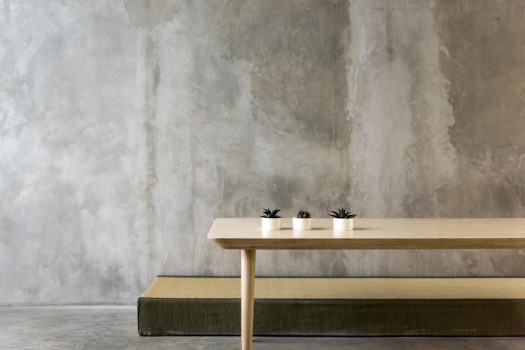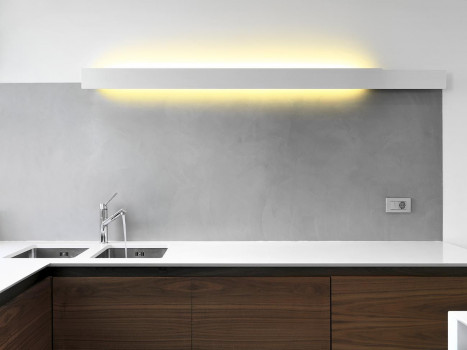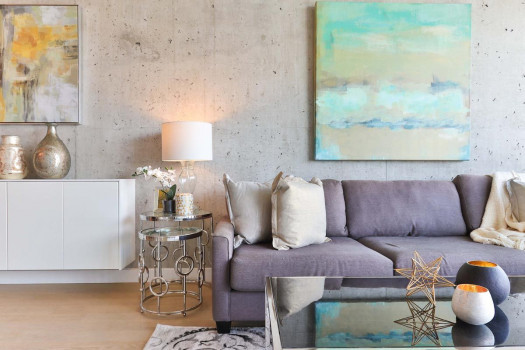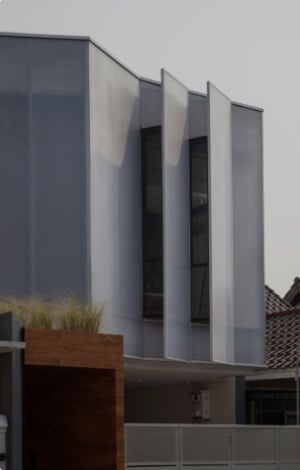Six Modern Architecture and Interior Style Trends



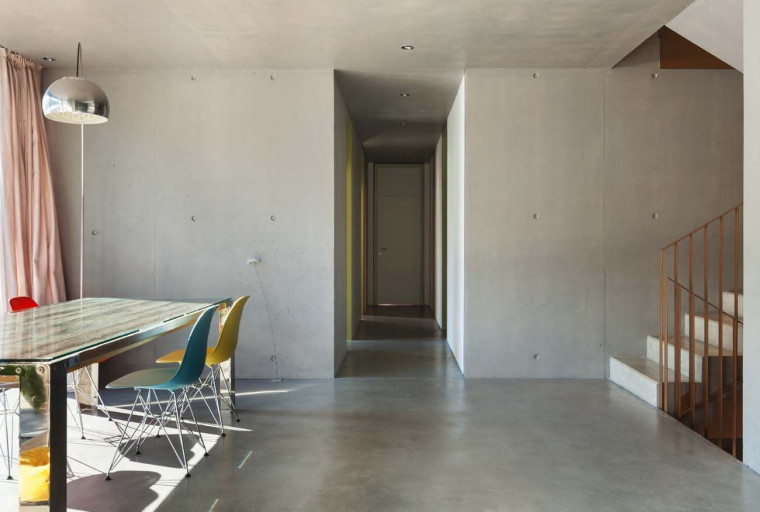
©Shutterstock
Trends in society tend to change over time. Trends in fashion, food and beverages, performing arts and other goods and services keep shifting, and so does architecture. The trends can be entirely new or re-emerge from the previous era, or even a combination of classic and modern.
For some architects or clients, applying a specific architecture style in a building is important to create a distinctive impression. To know which architecture style that suits your needs and preference, check out these currently trending and popular architecture and interior styles!
Minimalist style
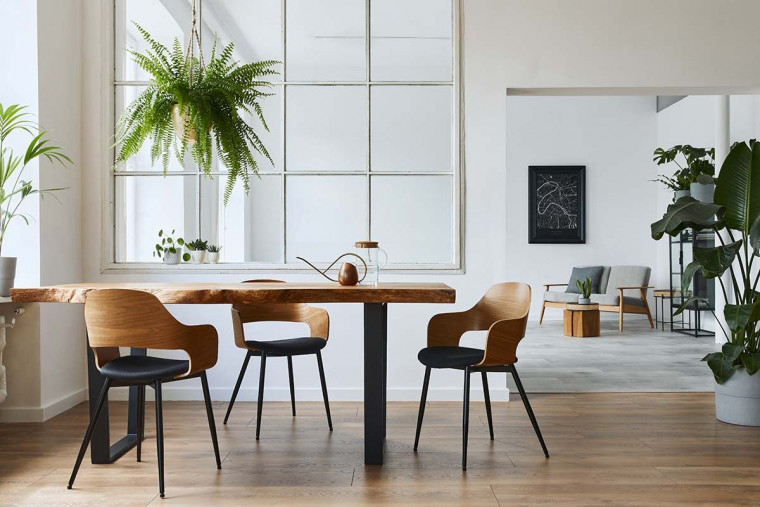
©Shutterstock
Simple, organised, and functional are the main characteristics of a minimalist style. This style is basically a design approach that is characterised by keeping decorative elements as minimum as possible. Therefore, minimalist homes generally have few decorative items.
Minimalist architecture and interior style tend to emphasise on the original geometric shape of an element without much modification. Its application can be seen in a simple home design with minimal curves and ornaments. The interior is commonly fitted-out with modern furniture that doesn’t take up much space. While for colours, a minimalist style is usually dominated by white, grey, brown and natural wood colours.
Vintage style
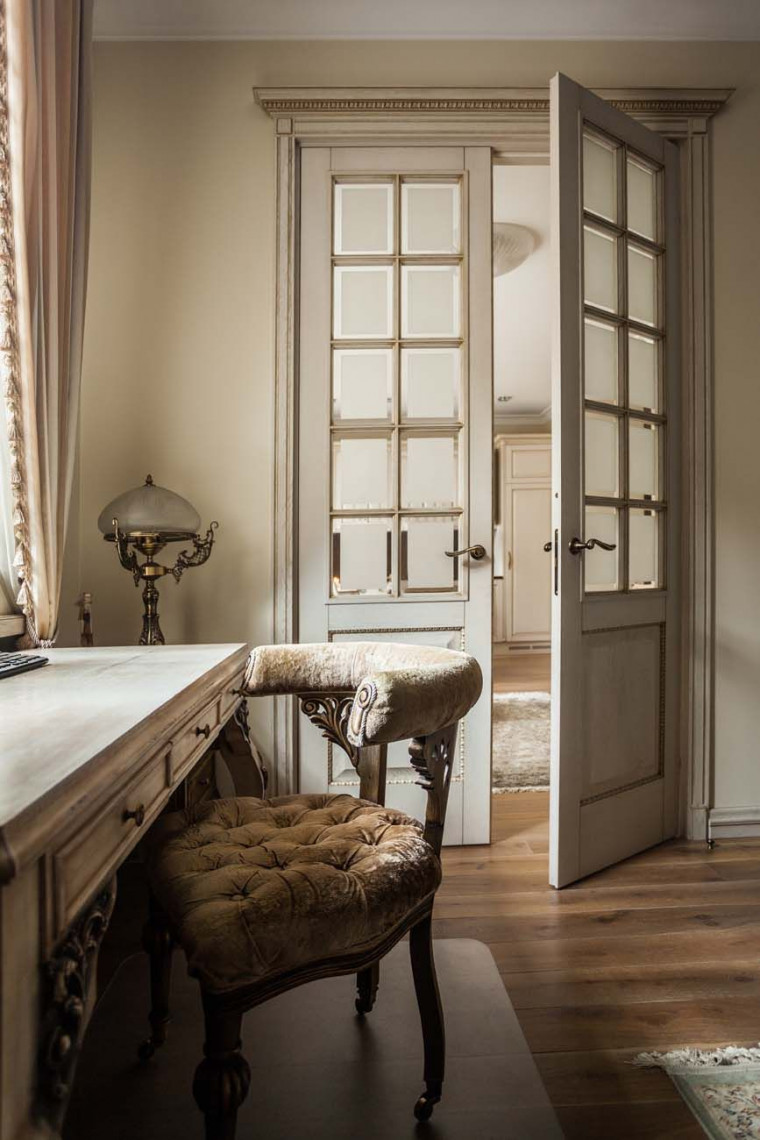
©Shutterstock
Not all trendy things have to be new. They can also be past trends that re-emerge and re-gain popularity. The currently popular vintage style is typically known for its antique and old-fashioned look. The use of classic colours, furniture and decorative elements are the main features of a vintage style.
This style is more commonly applied in the home interior. If you wish to have a vintage style home, use pastel colours, such as yellow, light blue, red, pink and aquamarine on your walls. To accentuate the vintage style, choose antique wooden furniture with carvings and put decorative items like flower vases and wall decorations like photo frames.
Industrial style
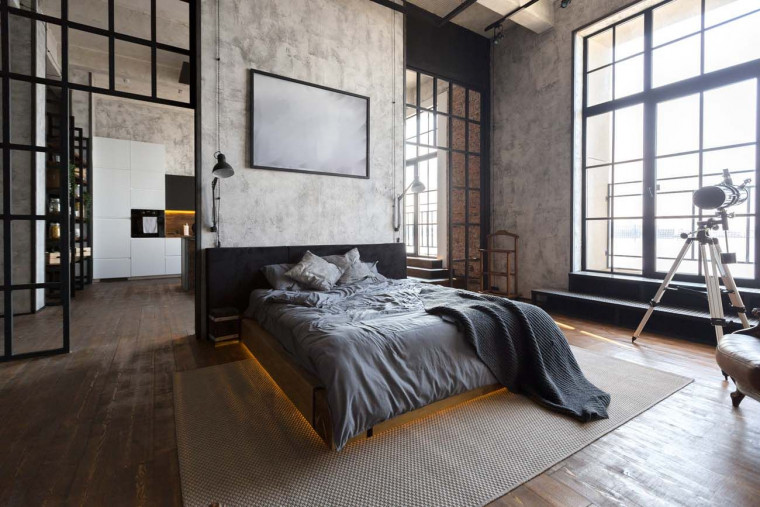
©Shutterstock
This masculine looking style initially came from the attempts to modify and convert unused factories and industrial spaces in Europe into decent and cosy residential, commercial and office spaces while keeping the buildings’ original main characteristics. This style is characterised by exposed materials, such as exposed steel, metal, concrete and bricks. The absence of finishing accentuates the industrial features even more.
Tropical style

©Shutterstock
Being in tropical countries urges a lot of people to have a home that responds well to the climate. Tropical architecture is a style that puts much emphasis on environmental context so that the building can adapt well and withstand the weather and often harsh climate conditions.
A well-designed tropical architecture style should be able to keep the occupants comfortable despite minimum air conditioning in any kind of weather. Some elements that support this style are the use of wide pitched roof, vegetation that covers the residential area, air ventilation and local materials.
Rustic style
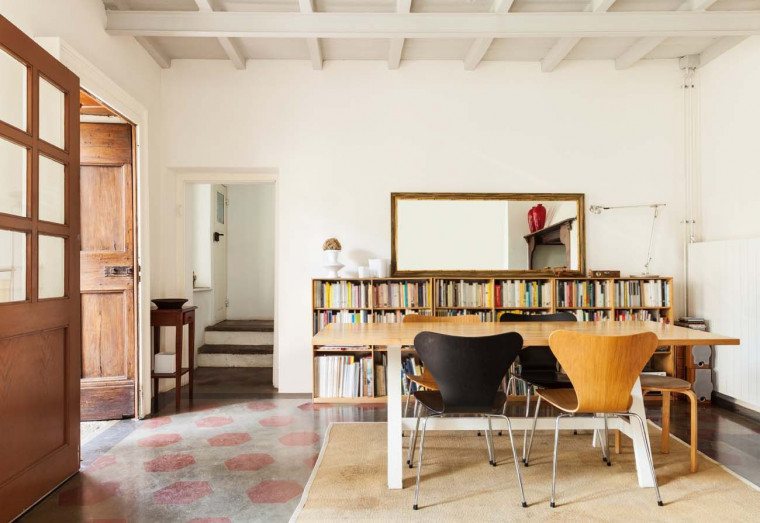
©Shutterstock
Rustic style is actually quite similar to vintage style, which is characterised by the use of mostly old/antique materials. The difference is that the rustic style tends to use more materials that look rough and rusty—displaying an evident aging process.
Rustic style has been around for quite some time in European countries and are commonly found in country homes. This rustic style is popular among homeowners who fancy homes with high artistic value, natural look and age gracefully.
Eclectic style
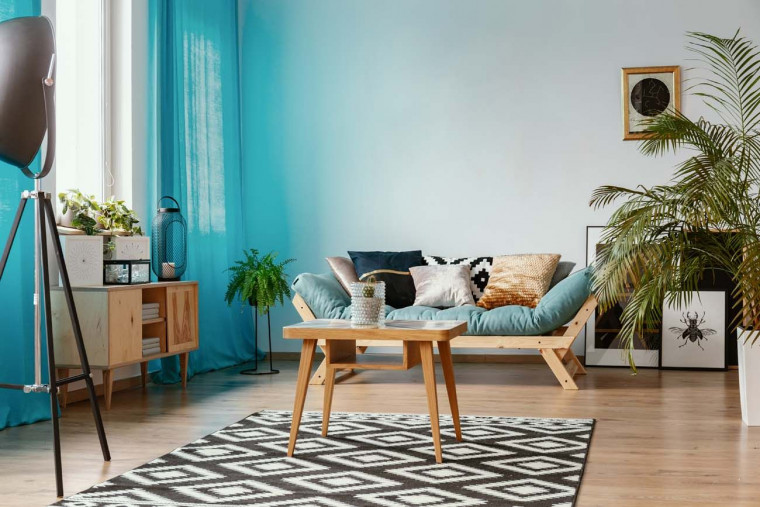
©Shutterstock
Appeared in 19th and 20th century, this style is basically a combination of two or more established styles that creates something new and original. Therefore, the main purposes of this style are not only for nostalgic reason but also to showcase the freedom of expression. In architecture and interior design, an eclectic style may be applied in the building structure, furniture, ornaments and decorative elements.
In its application, the eclectic style is characterised by the use of functional and practical furniture. It can be presented by putting contrasting things together, like placing a modern table beside a vintage sofa. An eclectic style is also usually complemented by geometric patterns, such as vertical lines, horizontal lines, zigzag and circles that can be presented through carpet, pillows, sofa, and bed.
Now that you are getting familiar with some modern architecture styles that are currently in trend, you can visit Archifynow to get various information and interesting tips related to architecture and interior designs. Contact a selected architect and interior designer in Archify to realise the dream home that suits your necessity and preference.




 Indonesia
Indonesia
 Australia
Australia
 New Zealand
New Zealand
 Philippines
Philippines
 Hongkong
Hongkong
 Singapore
Singapore


